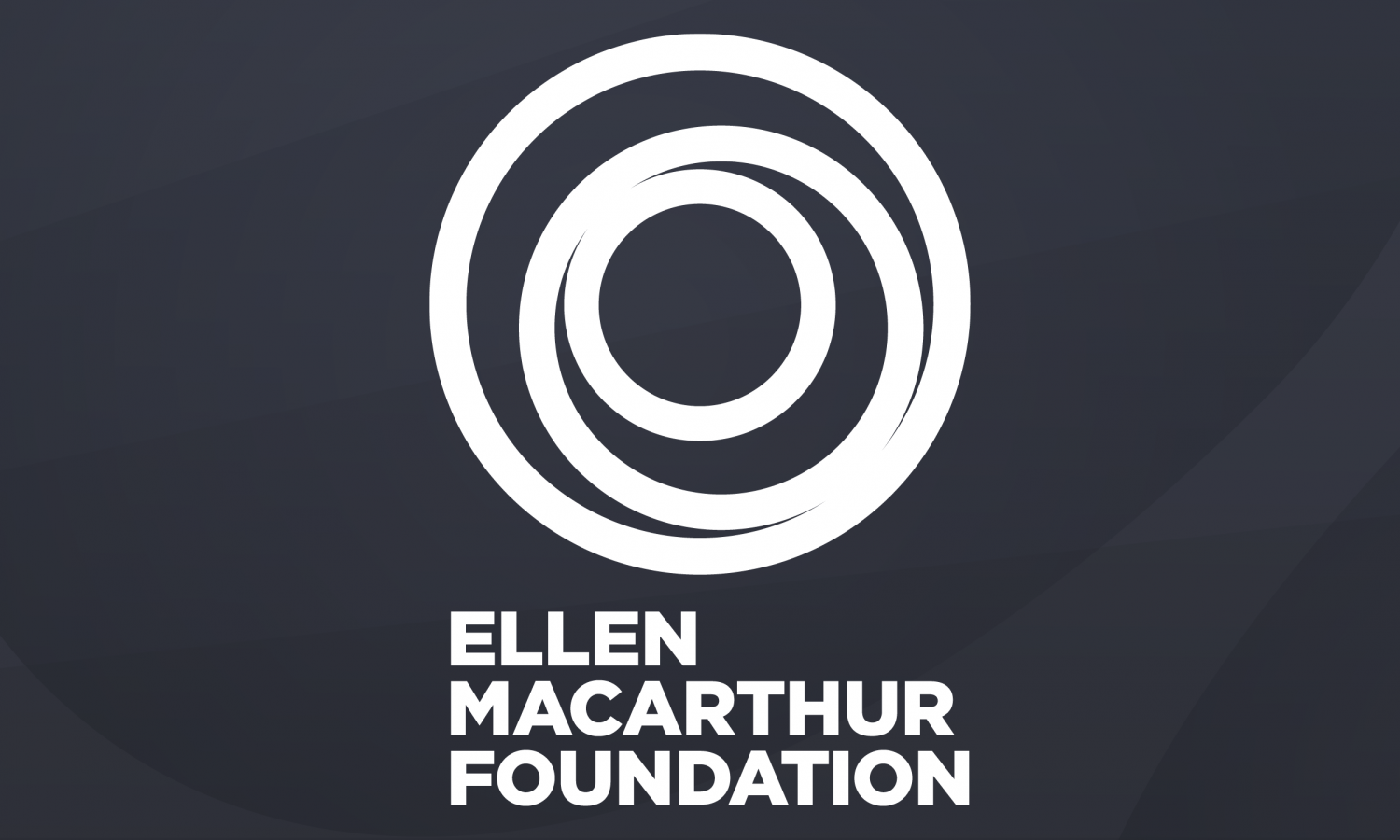
Published: 06 May 2022
CCm Technologies has developed a process that turns by-products from industrial and waste processing facilities, into tailor-made fertiliser products.
CCm’s products can be fine-tuned to provide the full spectrum of nutrient requirements for a particular crop and soil type. The format of the fertiliser is a slow-release pellet manufactured from feedstock derived from waste streams such as industrial carbon dioxide and fibre from food industry by-products.
The unique combination of feedstock and format has the potential to significantly reduce air and water pollution, as well as diverting problematic planet-warming carbon from the atmosphere to beneficial soil health enhancing carbon sequestered in agricultural land.
Preserving the health and fertility of agricultural soils allows for the production of abundant plant crops that are critically important to the maintenance of global food security as well as hundreds of millions of livelihoods.
For decades, the dominant approach in farming has been a single-minded focus on high crop yields using powerful synthetic chemical inputs. These chemicals are manufactured using energy intensive processes that rely heavily on fossil fuels and other finite feedstocks. The result is a linear farming system which produces high yields but each year relies on more chemicals, with a significant associated cost to the environment. The list of negative side effects include soil degradation, large-scale pollution of natural water bodies, and billions of tonnes of greenhouse gas emissions.
CCm’s products are mostly decoupled from the consumption of finite resources via a manufacturing process that generates only a fraction of the carbon dioxide emissions associated with conventional fertiliser production. CCm fertiliser products also contain a large amount of organic matter which benefits soil structure, water storage, and a thriving microorganism population, all contributing to natural soil regeneration. As the nutrients are bound together in a fibrous pellet form, there is much less risk of nitrate run-off into adjacent rivers, thereby reducing threats to aquatic ecosystems.
Overall, CCm’s technology eliminates waste and pollution, keeps materials in use, and helps regenerate soils – a rare example of a company that ticks all three principles of the circular economy.

CCm products sequester carbon, protect local water bodies and enhance soil fertility
CCm’s technology can be adapted to different industrial processes depending on the nature of the side streams and requirements of the local farms. One of the biggest CCm installations so far is located at the Minworth wastewater treatment plant near Birmingham (UK), operated by the utility company Severn Trent Water.
The fertiliser production technology harnesses four different waste streams - concentrated ammonium from the sewage water, carbon dioxide from the combustion of anaerobic digester biogas, waste process heat, and organic fibre from the treated sewage sludge.
Ammonium is present in urine, and is also produced by the decay of proteins from other waste streams; its presence causes considerable harm to the wider environment due to its reactivity. However it can be stabilised into ammonium bicarbonate by mixing with captured carbon dioxide, generated through the combustion of biogas (methane) during electricity generation.
Additional nutrients are added according to the specific needs of the farm as well as calcium salts (derived from a by-product of another industrial process) to create a sludge of chalk and ammonium nitrate. The sludge is then mixed with fibres from wastewater digestate, which acts as a solidifying binder. The material is then passed through a drying process, which is powered by waste process heat, before being pelletised and bagged for distribution to the farms. The pellets can be emptied directly into existing farm hoppers and spread over farmland using standard farm equipment.
The Severn Trent example is just one illustration of the application of the technology. CCm has also collaborated with PepsiCo, marrying its carbon capture and fertiliser production process to the Walkers crisp factory in Leicester, creating a potato-specific fertiliser out of discarded potato peelings.
CCm’s technology provides benefits across many parts of the food system value chain and environment: